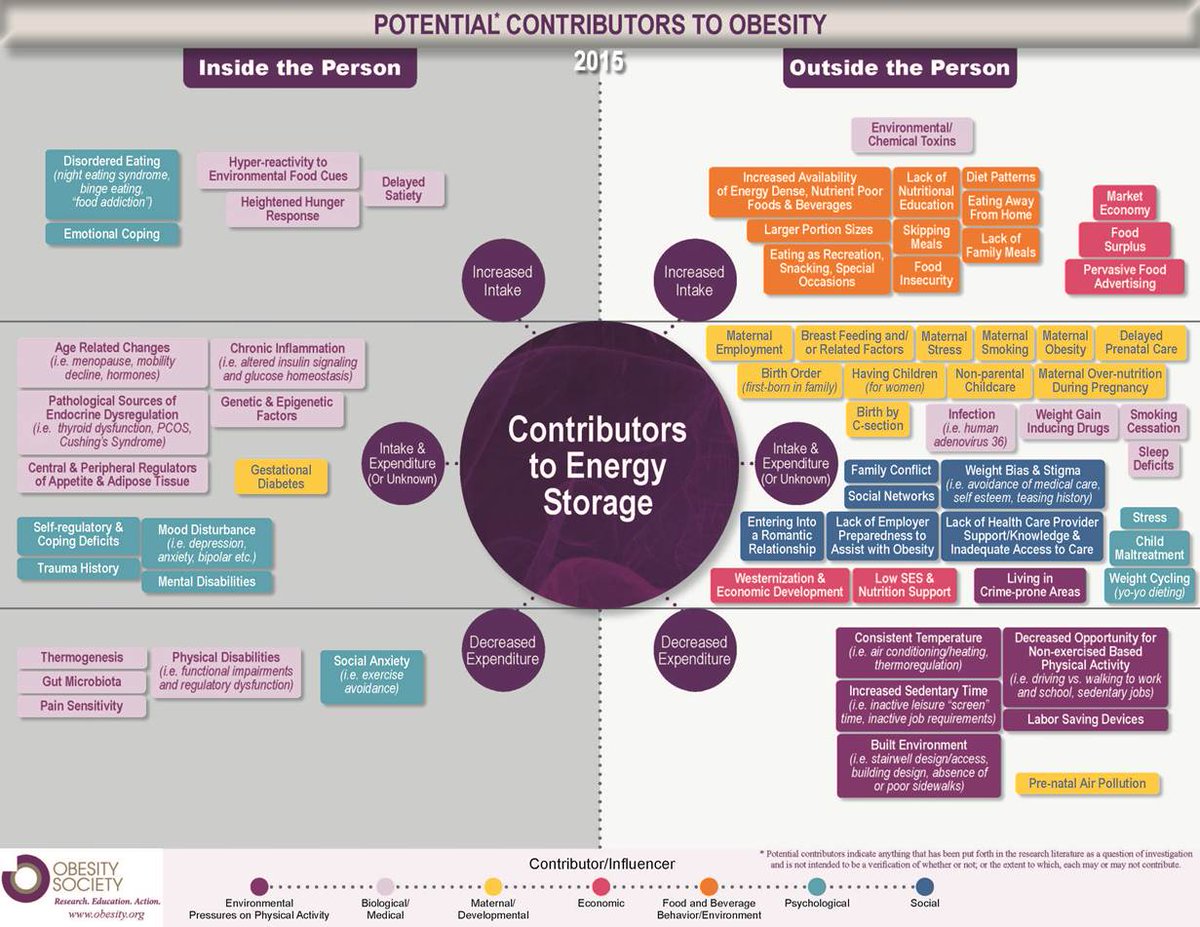
Why you should consider a career in Obesity Medicine:
Reason #1: Essentially No Call
Yes, I occasionally have to decrease insulin because a patient’s glycemic control is improving too rapidly. I know! It’s a terrible problem to have.
Reason #1: Essentially No Call
Yes, I occasionally have to decrease insulin because a patient’s glycemic control is improving too rapidly. I know! It’s a terrible problem to have.
Reason #2: Medication Deprescribing
How many of you get to routinely stop BP, Diabetes, antidepressants, and pain meds? Deprescribing is the new prescribing.
How many of you get to routinely stop BP, Diabetes, antidepressants, and pain meds? Deprescribing is the new prescribing.
Reason #3: Highly Rewarding
When a patient loses weight for the first time in years. When you stop their pain meds because their knee or back stops hurting. When you throw away their CPAP because they no longer have OSA. These shared moments are special.
When a patient loses weight for the first time in years. When you stop their pain meds because their knee or back stops hurting. When you throw away their CPAP because they no longer have OSA. These shared moments are special.
Reason #4: Make a difference
On a daily basis I have the privilege of empowering others. Most patients undergo both a physical and mental metamorphosis. The latter is so inspiring and keeps me coming back.
On a daily basis I have the privilege of empowering others. Most patients undergo both a physical and mental metamorphosis. The latter is so inspiring and keeps me coming back.
Reason #5: Exciting Times
The field is young and growing. This past year the #ABOM certified more specialists than ever. Our scientific understanding of the biology of weight regulation is refining, and with it, the novel therapies are getting better!
The field is young and growing. This past year the #ABOM certified more specialists than ever. Our scientific understanding of the biology of weight regulation is refining, and with it, the novel therapies are getting better!
There are many reasons to enter this field, but for me, it was the first time I felt like I was impacting someone’s life. The first time I felt like I was changing the trajectory of an individual’s health. [end]
• • •
Missing some Tweet in this thread? You can try to
force a refresh








